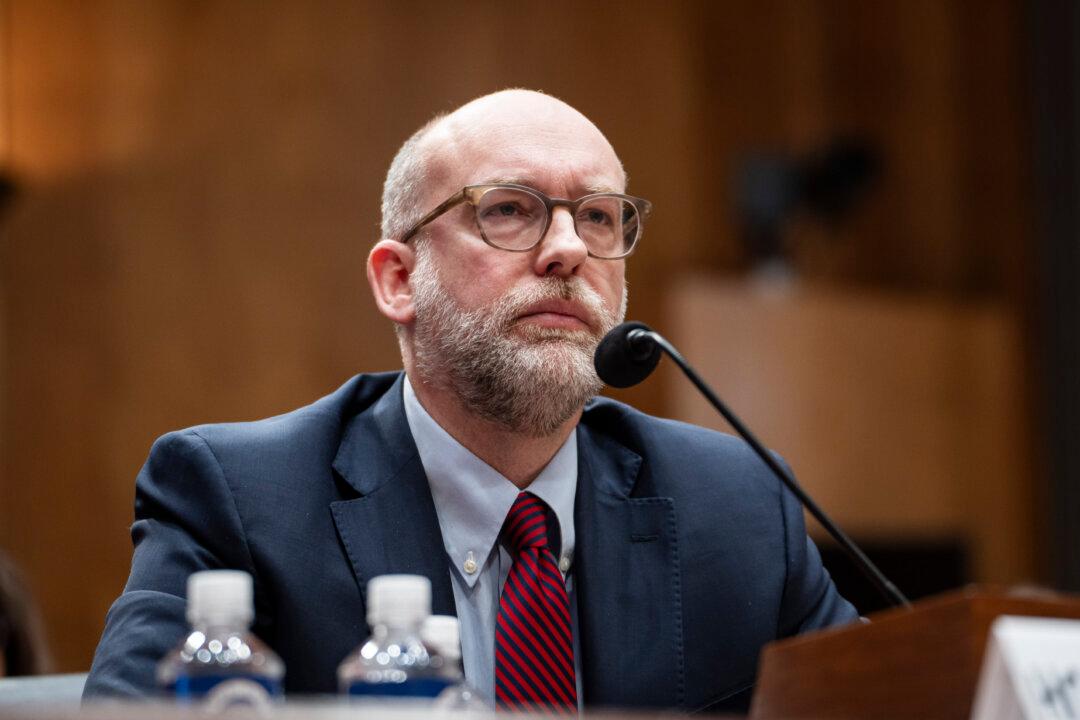WASHINGTON—Office of Management and Budget (OMB) Director Russell Vought—the Trump administration’s top official in charge of implementing its policy across the federal bureaucracy—is delegating spending decision authority to his top political appointees, known as program associate directors.
“This delegation supersedes any previous delegation of such authority and will remain in place until revised or revoked. The Program Associate Directors may re-delegate this authority as necessary in writing. This delegation does not limit the authority of the Director to exercise the delegated authority,” Vought wrote in a Feb. 11 memorandum made available to The Epoch Times.





